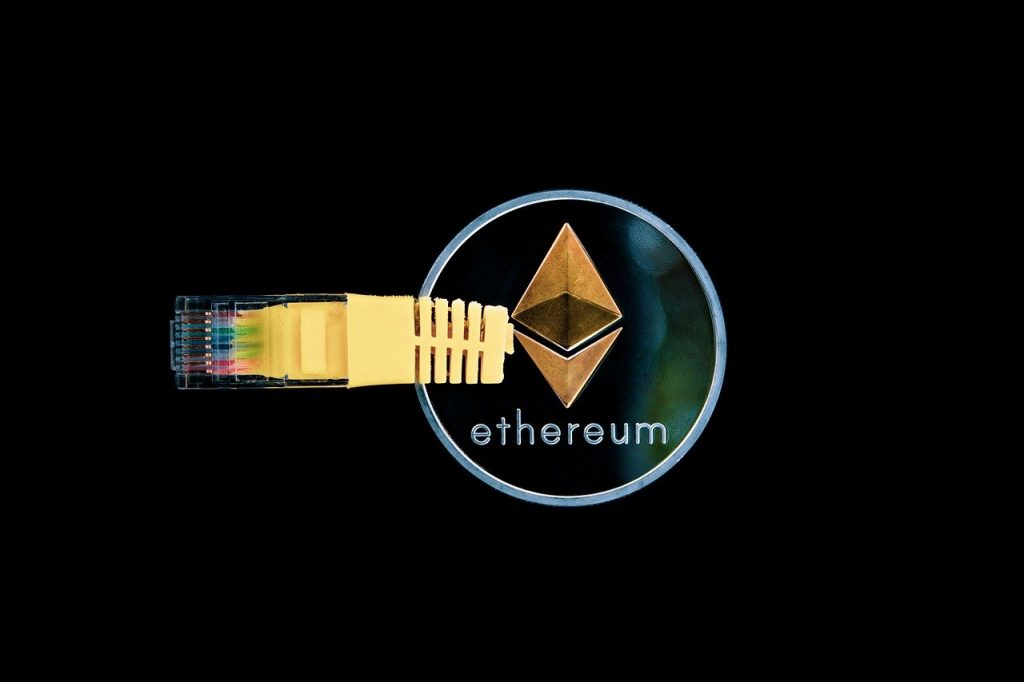Should Ethereum no longer be classified as an altcoin?

For all its maturity over the last few years, the crypto-market, on many levels, continues to be divided along very primitive and tribal levels. Statements like “Bitcoin is the best” and “Ethereum is the future” all reek of how many see the market not as a collective whole, but as a sum of its parts. Yet another one of these petty debates was at the fore recently after Ethereum’s Vitalik Buterin tweeted,
In plain language everyone can hopefully understand:
In 2020, continuing to refer to ethereum as an "alt" is as outdated as referring to a lambo as a "horseless carriage". https://t.co/CMmP6MEXlU
— vitalik.eth (@VitalikButerin) October 21, 2020
As expected, most of the responses the tweet received weren’t very kind. In fact, any proper discourse associated with the tweet soon spilled over to become a cussing match between Bitcoin maximalists, Ethereans, and everybody else. Now, while the level of discourse might have petered out, it should be noted that Buterin raised an interesting point there. Should Ethereum no longer be classified as an alt?
Now, both of these camps often have a long list of points to shout out when such a question is posed. We shall not go there. Instead, let’s keep the focus on Ethereum and its newfound and to-be-expected functionality.
Emergence as a Crypto-capital Asset
Ethereum is many things to many people, and one can argue that all of these descriptions are well-contended among many. However, one feature that doesn’t get a lot of limelight is Ether’s emergence as a crypto-capital asset. While this may be because Ether isn’t one yet, the fact of the matter is that it can, and that’s worth considering.
Think about it – What is a crypto-capital asset? Well, they are tokenized assets that represent both (1) economic rights and (2) governance rights over a network or protocol. Sounds neat enough, right? Well, juxtapose that definition against our case study and everything is a little hazier.
As highlighted by Bankless’s Q3 Token Report, the much-anticipated ETH2 upgrade is key to Ether’s emergence as a crypto-capital asset since it will guarantee future rights to cash flows on Ethereum as holders will be able to earn transaction fees by becoming a validator and staking on the ETH network. That’s not all as under EIP1559, ETH holders will earn some margin of the revenue via fee burns whenever the network usage is high.
Now, on the face of it, the aforementioned paragraph would satisfy the “economic rights” aspect of a crypto-capital asset. However, it doesn’t truly satisfy the “governance rights” aspect of the same definition. This is the reason why this section was prefaced by something along the lines of “Ether is getting there…”
As highlighted by the aforementioned report, the fact of the matter is that even with ETH2, validators will only have “soft-fork governance rights,” and not actual governance rights like the ones enjoyed by MKR’s token holders.
So yes, Ether may not be a crypto-capital asset yet. But, it has the potential to get there. And, recognition of that fact, recognition of its potential and multi-functionality, is crucial to understanding how an asset should be classified. Ergo, it’s not hard to see why Buterin feels Ethereum is more than just an “ordinary alt.” His sentiments were shared by Ryan Sean Adams too, who tweeted,
If you continue see the crypto world through the lens of "Bitcoin" and the "Alts" you're going to get left behind.
It's 2020, not 2015.
Today there are:
– Crypto capital assets
– Crypto commodities
– Crypto moniesThe same asset superclasses as old finance.
— Ryan Sean Adams – rsa.eth ? (@RyanSAdams) October 21, 2020
In fact, Buterin found an unexpected supporter in his corner a few days ago after CFTC Chair Heath Tabert commented,
“If Bitcoin is email, a one-trick pony…but obviously revolutionary, Ethereum goes far beyond that, it’s more like the Internet.”
Much ado about nothing?
“No word is absolutely wrong or dirty or insulting. It all depends upon context and intention” – Janet Jackson
While highlighting an asset’s utility is well and good, doing so is often at the expense of providing an incomplete picture. What also matters, ergo, is perspective and context. Think about it – How many times have our words and thoughts been misinterpreted because of a lack of perspective and context?
Buterin, it can be argued, is right in objecting to Ethereum’s classification as just an alt. On the other hand, it can also be contended that he isn’t getting the connotations attached to the term “alt/altcoin,” when used in association with Ethereum.
Think about it – in the most literal sense, Alt stands for Alternatives. What kind of alternatives? Well, alternative cryptocurrencies that emerged post-genesis aka post-Bitcoin. As simple as that. Contrary to what Buterin might think, most (excluding a small subset) use the terms “alt” and “altcoins” in this sense alone. There is nothing derogatory or nefarious here, and neither is the use of these terms a dig at Ethereum.
Simply put, this debate may just have been a case of much ado about nothing. Even so, perhaps, there is a lot Ethereum can cheer for, especially in light of its growing institutional adoption. Now, if only ETH 2.0 can get going sometime soon…






